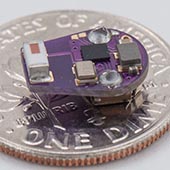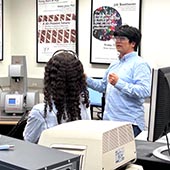
News and Announcements

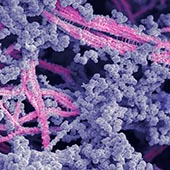
New biomaterial regrows damaged cartilage in joints
Northwestern University scientists led by SQI director Samuel Stupp have developed an injectable bioactive material that successfully regenerated high-quality hyaline cartilage in the knee joints of large animals. With more work, the researchers say the new material could potentially be used to prevent full knee replacement surgeries, treat degenerative diseases like osteoarthritis and repair sports-related injuries like ACL tears.
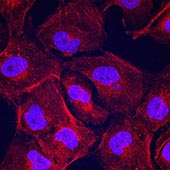
‘Dancing molecules’ heal cartilage damage
In November 2021, SQI director Samuel Stupp’s laboratory introduced an injectable new therapy, which harnessed fast-moving “dancing molecules,” to repair tissues and reverse paralysis after severe spinal cord injuries. Now, the same research group has applied the therapeutic strategy to damaged human cartilage cells.
“We are beginning to see the tremendous breadth of conditions that this fundamental discovery on ‘dancing molecules’ could apply to,” Stupp said. “Controlling supramolecular motion through chemical design appears to be a powerful tool to increase efficacy for a range of regenerative therapies.”
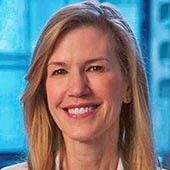
Understanding molecular drivers of lymphedema

NIBIB highlights recent bladder research from SQI faculty
The National Institute of Biomedical Imaging and Bioengineering (NIBIB) published a “science highlight” on new technologies to improve bladder surgery and monitoring, developed by SQI members Arun Sharma, Guillermo Ameer and John Rogers. Their translational research, which combines regenerative medicine and bioelectronics, was originally published in separate papers in PNAS and PNAS Nexus.

Quaggin named winner of the John P. Peters Award
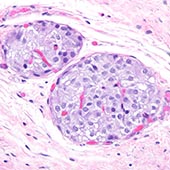
Antioxidant gel preserves islet function after pancreas removal
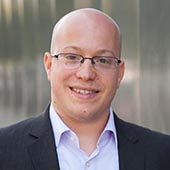
ISTC names Rivnay a ‘Researcher to Know’
SQI member Jonathan Rivnay was named to the 2024 “Researchers to Know” list by the Illinois Science & Technology Coalition (ISTC). An expert in organic and hybrid bioelectronics, Rivnay was one of 31 faculty members from across the state recognized by the ISTC.
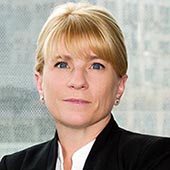
Kelley featured on Weinberg’s faculty speaker series
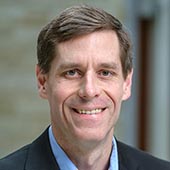
Hersam elected to American Academy of Arts and Sciences

Hersam wins MRS Mid-Career Research Award
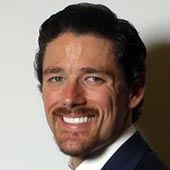
Meet the Researchers: Jes Sanders
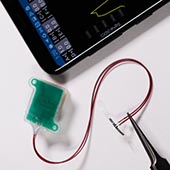
Implant and app enables patients to monitor bladder function
Researchers led by SQI members Guillermo Ameer, John Rogers and Arun Sharma have developed a new soft, flexible, battery-free implant that attaches to the bladder wall to sense filling. Then, it wirelessly transmits data to a smartphone app, so users can monitor their bladder fullness in real time.
While this new device is unnecessary for the average person, it could be a game-changer for people with paralysis, spina bifida, bladder cancer or end-stage bladder disease. The sensor system also can enable clinicians to monitor their patients remotely and continuously to make more informed — and faster — treatment decisions.
